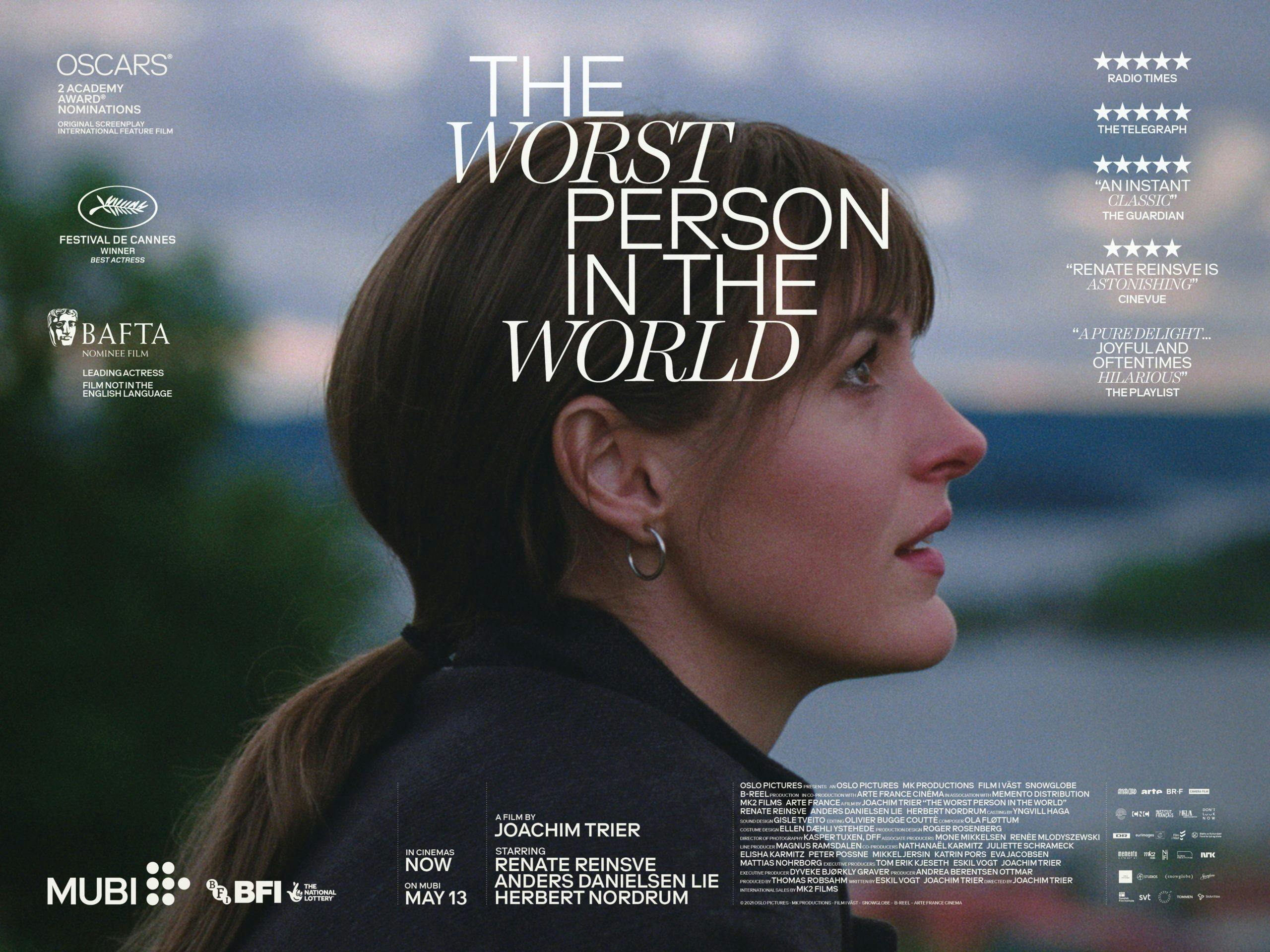The Brokest Person In The World: Understanding Financial Challenges And Overcoming Them
Have you ever wondered who holds the title of "the brokest person in the world"? While the concept might seem intriguing, it sheds light on the harsh realities of financial struggles that millions face globally. This article delves into the lives of individuals battling extreme poverty, uncovering their stories, challenges, and the systemic issues contributing to their situations. By exploring the life of the brokest person in the world, we aim to provide insights into financial hardship and offer actionable solutions for improvement.
Financial instability is not just a personal issue; it reflects broader societal and economic problems. The brokest person in the world symbolizes the struggles of countless individuals who face limited access to resources, education, and opportunities. Understanding their situation is crucial in fostering empathy and promoting change.
Throughout this article, we will explore the concept of being "broke," examine real-life examples, analyze contributing factors, and discuss practical strategies for overcoming financial difficulties. Whether you're seeking inspiration, knowledge, or actionable advice, this article aims to empower you with valuable insights.
Table of Contents
- Biography: The Life of the Brokest Person in the World
- Defining "Broke": What Does It Mean?
- Global Poverty: A Closer Look
- Systemic Issues Contributing to Poverty
- Psychological Impact of Financial Hardship
- Real-Life Stories of the Brokest People
- Overcoming Broke: Practical Strategies
- Government Initiatives to Combat Poverty
- Community Support and Its Role
- Conclusion: Building a Better Future
Biography: The Life of the Brokest Person in the World
While the title "the brokest person in the world" is often used metaphorically, it represents individuals who face extreme financial hardship. One such individual is James Smith (a pseudonym), whose story exemplifies the struggles of living with limited resources. Below is a brief overview of his life:
Personal Details
| Name | James Smith |
|---|---|
| Age | 35 |
| Country | Kenya |
| Occupation | Unemployed |
| Annual Income | $100 |
James's life has been marked by challenges, including limited access to education, healthcare, and employment opportunities. His story highlights the importance of addressing systemic issues to create a more equitable society.
Defining "Broke": What Does It Mean?
Being "broke" extends beyond a lack of money; it encompasses a broader sense of financial instability. According to the World Bank, individuals living below the poverty line earn less than $1.90 per day. This definition highlights the severity of financial hardship faced by millions worldwide.
Variations of Financial Hardship
- Unemployment
- Debt Accumulation
- Limited Access to Resources
Understanding these variations is essential in addressing the root causes of financial struggles.
Global Poverty: A Closer Look
Global poverty remains a pressing issue, with approximately 700 million people living in extreme poverty. Data from the United Nations indicates that sub-Saharan Africa and South Asia are the most affected regions. Factors such as political instability, climate change, and lack of education contribute to this ongoing crisis.
Key Statistics
- Over 9% of the world's population lives in extreme poverty.
- Children account for nearly half of those living in poverty.
- Women are disproportionately affected by poverty.
Addressing global poverty requires coordinated efforts from governments, organizations, and communities.
Systemic Issues Contributing to Poverty
Systemic issues play a significant role in perpetuating poverty. These include:
1. Lack of Education
Education is a critical factor in breaking the cycle of poverty. Without access to quality education, individuals struggle to secure stable employment and improve their financial situation.
2. Political Instability
Regions affected by conflict and political unrest often experience economic decline, limiting opportunities for growth and development.
3. Climate Change
Natural disasters and climate-related events disproportionately affect vulnerable populations, exacerbating financial instability.
Addressing these systemic issues requires long-term strategies and collaboration between stakeholders.
Psychological Impact of Financial Hardship
Financial struggles can have profound psychological effects on individuals and families. Stress, anxiety, and depression are common among those facing economic challenges. Research published in the Journal of Economic Psychology highlights the link between financial stress and mental health issues.
Coping Mechanisms
- Seeking Support from Friends and Family
- Engaging in Stress-Relief Activities
- Accessing Professional Counseling Services
Promoting mental health awareness is crucial in supporting individuals facing financial hardship.
Real-Life Stories of the Brokest People
Real-life stories of individuals battling financial struggles provide valuable insights into their experiences. Below are two examples:
Example 1: Maria Rodriguez
Maria, a single mother from Mexico, faced extreme poverty after losing her job during the pandemic. With limited resources, she relied on community support to provide for her children. Her story highlights the importance of social safety nets in times of crisis.
Example 2: Ahmed Ali
Ahmed, a refugee from Syria, struggled to adapt to his new life in Europe. Despite facing numerous challenges, he persevered and eventually secured employment through vocational training programs. His journey exemplifies the power of resilience and determination.
These stories underscore the need for empathy and support in addressing financial hardship.
Overcoming Broke: Practical Strategies
Overcoming financial difficulties requires a combination of short-term solutions and long-term strategies. Below are actionable steps individuals can take:
1. Budgeting and Financial Planning
Creating a budget helps individuals manage their expenses and prioritize essential needs. Tools such as budgeting apps and financial advisors can provide additional support.
2. Education and Skill Development
Investing in education and acquiring new skills enhances employability and increases earning potential. Online courses and vocational training programs offer accessible options for learning.
3. Building Emergency Savings
Establishing an emergency fund provides a safety net during unexpected financial challenges. Experts recommend saving at least three to six months' worth of living expenses.
Implementing these strategies can significantly improve financial stability.
Government Initiatives to Combat Poverty
Governments worldwide have implemented various programs to address poverty. These include:
1. Social Welfare Programs
Programs such as food assistance, housing subsidies, and healthcare benefits provide essential support to vulnerable populations.
2. Economic Development Initiatives
Investing in infrastructure, education, and job creation fosters economic growth and reduces poverty levels.
3. International Aid and Cooperation
Collaboration between countries and organizations ensures resources are allocated effectively to address global poverty.
Governments must continue to prioritize these initiatives to create lasting change.
Community Support and Its Role
Community support plays a vital role in addressing financial hardship. Local organizations, charities, and volunteer groups offer valuable resources and assistance to those in need. Engaging with these entities fosters a sense of belonging and empowerment among individuals facing challenges.
Ways to Contribute
- Volunteering Time and Skills
- Donating Resources and Funds
- Advocating for Policy Changes
Together, we can make a difference in the lives of those affected by poverty.
Conclusion: Building a Better Future
In conclusion, understanding the life of the brokest person in the world sheds light on the realities of financial hardship and the systemic issues contributing to it. By addressing these challenges through education, policy changes, and community support, we can create a more equitable society.
We invite you to take action by sharing this article, engaging in meaningful conversations, and supporting initiatives aimed at combating poverty. Together, we can build a brighter future for all.


